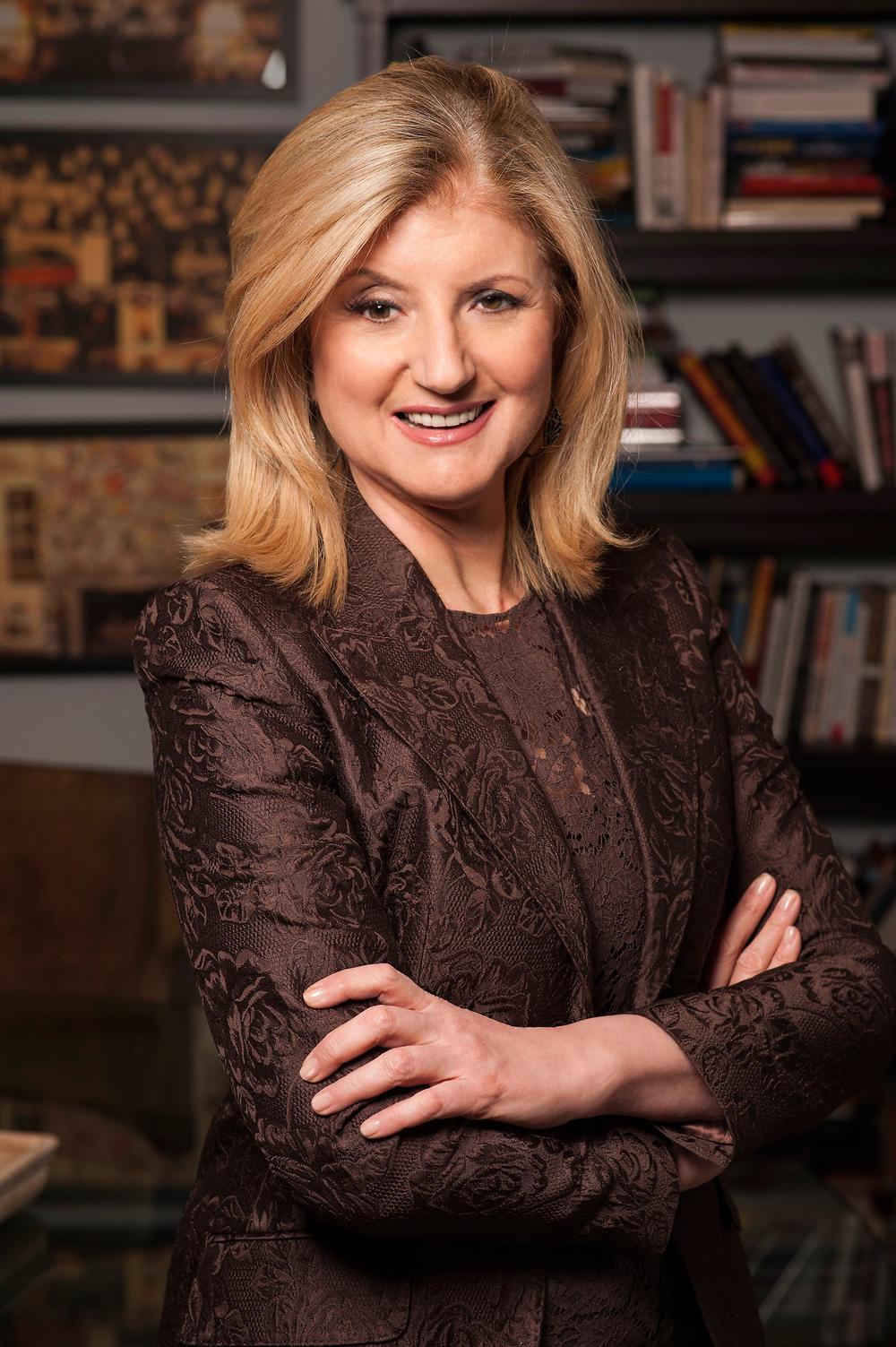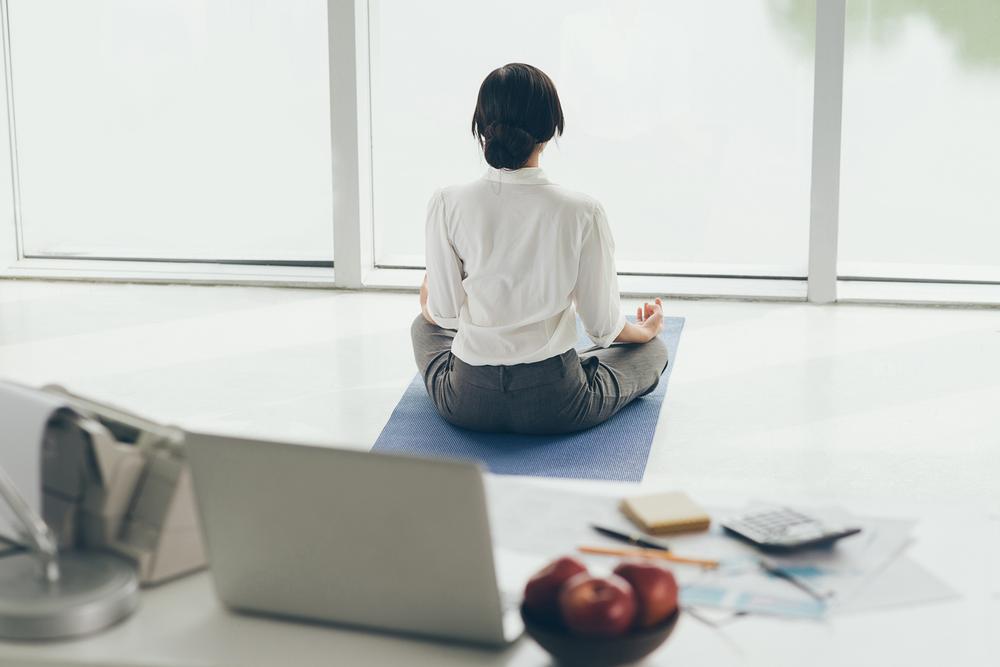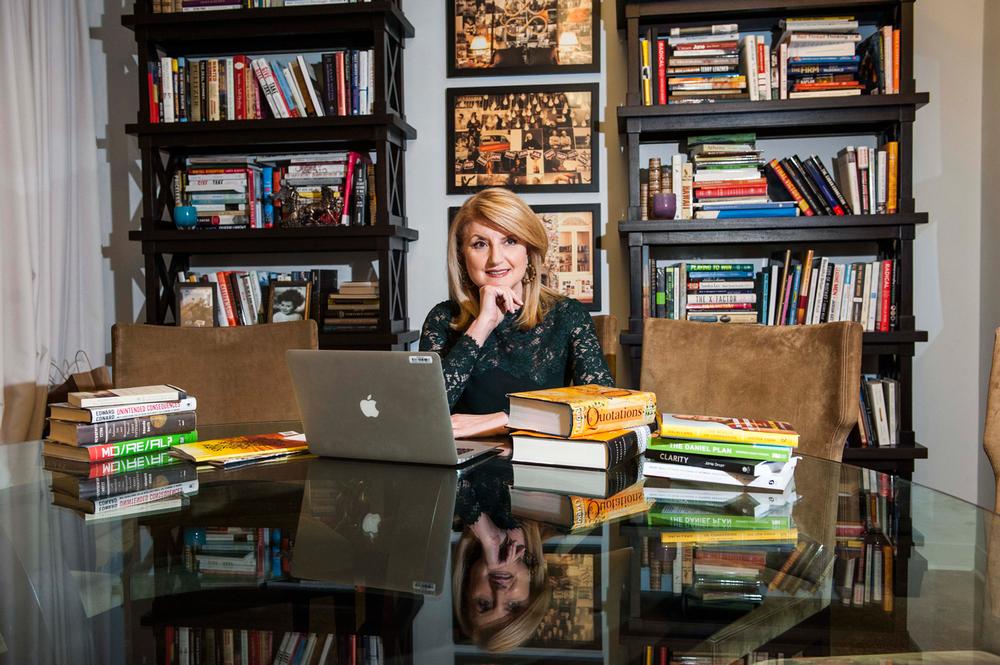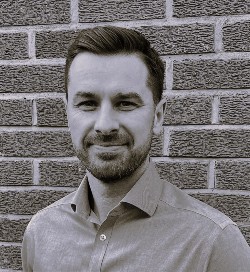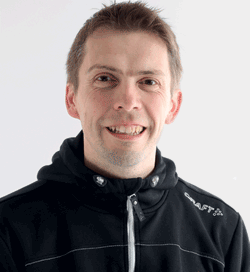As one of the keynote speakers at IHRSA, you’ll be discussing the topic ‘Redefining success: The third metric that can benefit your bottom line’, which is based on your most recent book. Tell us more.
Earlier in my career, I operated under the common delusion that burning out was the necessary price one paid for accomplishment and success. However, recent scientific findings have made it
clear that this couldn’t be less true. In fact, performance actually improves when our lives include time for renewal, wisdom, wonder and giving.
Things changed for me when I had a painful wake-up call in 2007. Sleep-deprived and exhausted, I fainted, hit my head on my desk and broke my cheekbone. Since then, I’ve arrived at a new phase that features breathing spaces, a deeper perspective and daily practices to keep me on track – and out of doctors’ waiting rooms.
What are the components of the Third Metric, and how do they relate to personal, as well as professional, success?
The Third Metric is about wellbeing, wonder, wisdom and willingness. If we don’t redefine what success is, the price we pay – in terms of our health and wellbeing – will continue to grow. But when we include wellbeing in our definition of success, we begin to change how we deal with time, which leads us to the next element: wonder.
When we live a life characterised by what Harvard professor Leslie Perlow calls “time famine”, we rob ourselves of our ability to experience wonder – our sense of delight in the mysteries of the universe, and the everyday occurrences and small miracles that fill our lives.
We also need wisdom to redefine success. Around the world, we see smart leaders – in politics, in business, in media – making terrible decisions because they lack inner wisdom. That’s no surprise. It’s never been harder to tap into our inner understanding, because in order to do so, we have to disconnect from all our omnipresent devices – gadgets, screens, social media – and reconnect with ourselves.
The last component of the Third Metric is a willingness to give, prompted by our empathy and compassion. When we have a wake-up call, and subsequently experience wellbeing, wonder and wisdom, we discover that we possess a natural willingness to serve – to respond to a wake-up call for humanity.
People in the fitness industry already share your passion about many of these concerns. What more do you hope to leave with the IHRSA ’15 audience?
I want to give them concrete ways to move from knowing what to do, to actually doing it. I describe 12 steps they can take; each person needs to pick the one that resonates most strongly with them.
Here are three of them. First, have a specific time at night when you turn off all of your devices and disconnect from the digital world, which is something Perlow suggests in her book, Sleeping With Your Smartphone. This will help you reconnect to your wisdom, intuition and creativity. And don’t start your day by looking at your smartphone. Instead, take one minute to breathe deeply, to be grateful, and to set your intention for the day.
Next, introduce five minutes of meditation, and eventually increase that to 15 to 20 minutes a day, or more. Even a few minutes a day will open the door to developing a new habit, and provide many benefits.
Third, drop the things that no longer serve you. At age 40, I did a major life audit and I realised how many projects I’d committed to in my head: learning German, becoming a good skier and learning to cook. Most remained unfinished, and many had never been started. Yet these countless, uncompleted projects diverted my attention and drained my energy. Each one took a little bit of me away. It was liberating to realise that I could ‘complete’ a project by simply eliminating it from my to-do list. Why carry around unnecessary baggage?
Most business leaders find that first step – unplugging, or battling ‘overconnectivity’ – very difficult. How successful have you been at doing this?
I have several rituals to help me unplug and enjoy some time away from my devices. For example, I have a specific time at night when I regularly turn off all my devices and gently escort them out of my bedroom. And when I wake up in the morning, I don’t start the day by looking at my smartphone. I take one minute to breathe deeply, or to be grateful, or to set my intention for the day.
You say that, while men currently drive the culture of power, women will lead the way when it comes to redefining success. How so?
Women are uniquely equipped to make leadership more fulfilling and sustainable. That’s why, if we’re ever going to redefine success, it will be women who lead the way. Once men discard the notion that the only avenue to success is the Heart Attack Highway to Stress City, they’ll join us – gratefully – both at work and at home.
We’re already witnessing a global shift toward leadership values that, traditionally, have been considered feminine: flexibility, compassion, collaboration, empathy, nurturing.
How does all this play out in the workplace? What have you done for HuffPost employees?
Since the news never stops, there’s a temptation for editors, reporters and engineers to try to match the 24-hour news cycle. We therefore do a lot to prevent burnout, and to acknowledge that our employees have lives outside of work. We make it very clear that no-one is expected to check work email and respond after hours, or over the weekend – unless, of course, those happen to be working hours.
Everyone gets at least three weeks of vacation that they’re highly encouraged to take, and I’ve implored our “HuffPosters” – without much success, I must admit – to eat lunch away from their desks. We also have two nap rooms in our newsroom.
Nap rooms? What’s been the reaction to that?
Initially, when we installed them in the spring of 2011, they were met with scepticism and reluctance. Many employees were afraid their colleagues might think they were shirking their duties by taking a nap. We’ve made it very clear, however, that walking around feeling drained and exhausted is what should be looked down on – not taking a break to rest and recharge – and nowadays our nap rooms are full most of the time.
You also make the case that healthy employees contribute to a healthy bottom line. Again, what are you doing at HuffPost to foster health and wellness?
Health and wellness is a huge priority for us. In our New York offices, we host meditation, breathing and yoga classes throughout the week, and our new offices in DC have dedicated meditation, yoga and nap rooms.
The benefits of standing and walking – as opposed to sitting all day long – have led us to provide a standing desk for anyone who requests one. We also have a gym, and we take part in the Virgin Pulse wellness programme, which allows employees to earn up to US$500 a year by engaging in healthy practices. To facilitate such practices, we stock refrigerators with healthy snacks including yogurt, houmous, fruit and baby carrots.
All of these steps are ways we can help minimise the risk of burnout, exhaustion and stress for our employees.
The fitness industry focuses on helping clients improve their health and wellbeing, but many of us are ourselves on that ‘Heart Attack Highway to Stress City’ you mentioned earlier. Any advice for club owners, operators and other fitness professionals?
It’s especially important that people involved in industries related to health and wellbeing take care of themselves. My advice: Take full advantage of your position. You’re on the cutting edge of science and medical research in terms of what it means to live a healthy life, and you’re part of a community that’s committed to wellbeing. At the same time, remember to make time for wellbeing practices and rituals that have nothing at all to do with your career.
Finally, any bright spots that point to a genuinely healthier world in the future?
Fortunately, yes. Many political leaders are finally recognising that the wellbeing of their citizens depends on much more than their country’s quarterly growth rate, as important as that may be. This political epiphany could, hopefully, lead to significant policy changes – encompassing everything from family leave to job creation – that would reduce stress and improve overall wellbeing. Let’s hope that happens.
Finally, tell us a bit about your own fitness regimen. Given your packed schedule, how do you stay fit?
I have several rituals that help me de-stress and unwind when I’m at home, as well as when I’m travelling. I start every morning with 20 to 30 minutes of meditation and exercise as often as I can. My favourite workout is a long hike in good company. I have a group of friends with whom I hike, and it’s our tradition that whoever is feeling the most energised that day has to talk on the way up the hill we’re climbing. The rest talk on the way down. Let’s just say I’m pretty well known as a consistent downhill talker.








